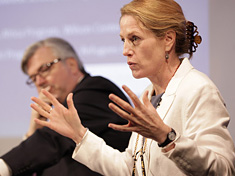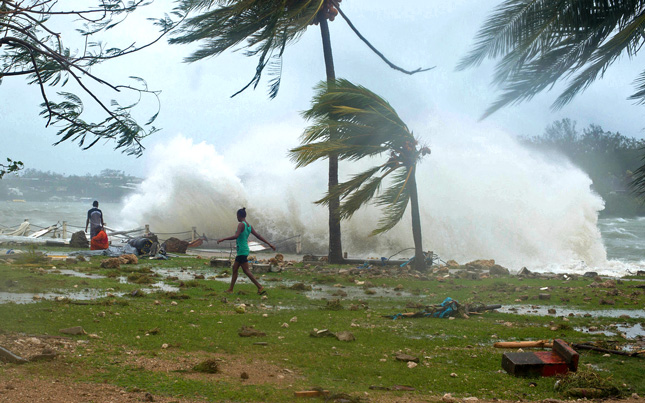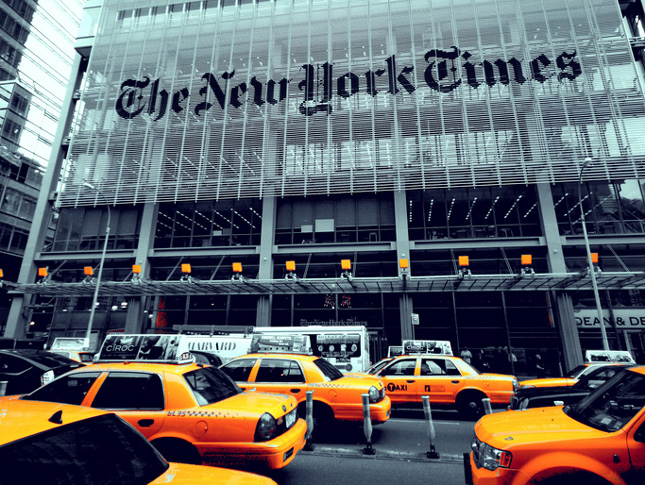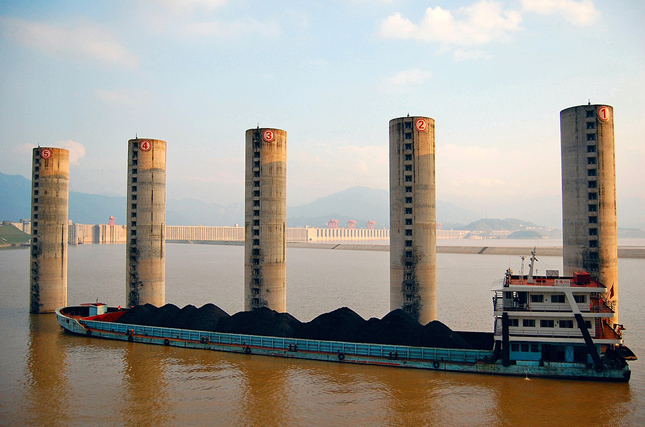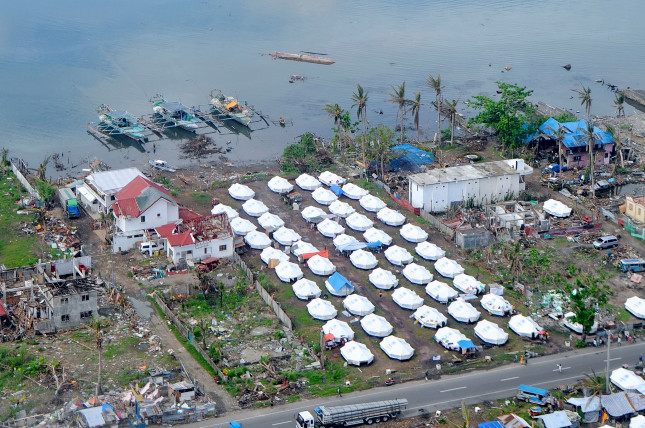-
Adapting to Global Change: Climate Displacement, Mega-Disasters, and the Next Generation of Leaders
›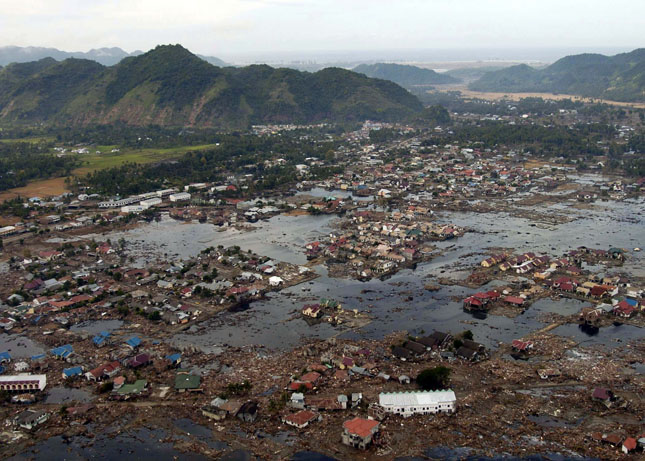
The world is more connected than ever before, but also more complex. Big, transnational trends like climate change, urbanization, and migration are changing the calculus of geopolitics, while local-level inequalities persist. “[Change] seems to be spinning around us so fast,” said John Hempelmann, president of the Henry M. Jackson Foundation, which honors the legacy of the late senator from Washington State. How can today’s and tomorrow’s leaders adjust to global trends? [Video Below]
-
Alice Thomas: Climate Change Effects and Responses Profoundly Undermine Human Rights
›
After Typhoon Haiyan ripped across the Philippines in 2014 leveling nearly every building in sight, 4 million people – mostly poor and from coastal regions – were displaced. In response, the government set up “no build” zones in vulnerable areas and worked to move people to new land. But many of the newly relocated people discovered this land came with no access to water, electricity, or other services.
-
Islands: Climate Victims or Champions of Resilience?
›
In contrast to the common narrative of small-island states being among the most vulnerable to climate change, their growing experience in climate-compatible development, disaster prevention, and coordinating information and aid in new ways may be a valuable asset, said panelists at the Wilson Center on March 25.
-
High Stakes: Understanding Risk and Why This Year’s Climate Negotiations Are So Important
›
Expectations for the upcoming UN climate change summit in Paris are higher than they’ve been in years. Experts expect it will be the best chance to achieve a binding, universal agreement to limit carbon emissions. But the conference is still not getting the attention it deserves from policymakers and the public, given the stakes – and not just for the environment but for the international system writ large, said Nick Mabey, founding director and chief executive of the UK-based environmental NGO E3G at the Wilson Center on February 12.
-
Reporting on the Spaces Between: How to Cover Climate, Population, and Health Connections
›
In his 2007 best-seller, The World Without Us, Alan Weisman explored what would happen to the planet if the human race suddenly vanished – the gradual deterioration of the built environment, the geologic fossilization of our everyday stuff, and the ecological processes that would rebound and thrive without continual and growing human pressure. [Video Below]
-
While China Waits on Shale Gas, Soaring Energy Demands Create Regional Tensions
›
China’s energy investments are on the move, touching nearly every region of the globe from coal and liquefied natural gas imports from Australia to a recent natural gas agreement with Russia and expanded oil drilling in the South China Sea. [Video Below]
-
Environmental Dimensions of Sustainable Recovery: Learning From Post-Conflict and Disaster Response
›
“Environmental specialists need to change,” said Anita van Breda at the Wilson Center on June 25. “In the new normal, our work has to have a different relevancy.” [Video Below]
-
A Closer Look at USAID’s Climate Strategy: Climate-Smart Development a Work in Progress
›July 14, 2014 // By Kathleen MogelgaardIn March, the Intergovernmental Panel on Climate Change released its latest comprehensive synthesis of climate change research. The report concludes that “impacts from recent climate-related extremes, such as heat waves, droughts, floods, cyclones, and wildfires, reveal significant vulnerability and exposure of some ecosystems and many human systems to current climate variability.”
Showing posts from category Philippines.


